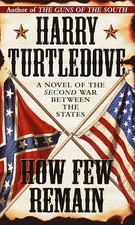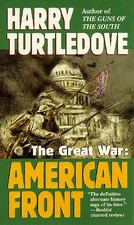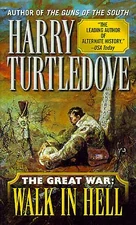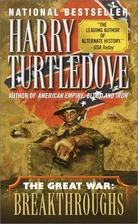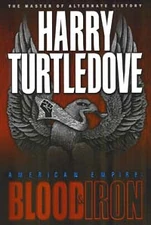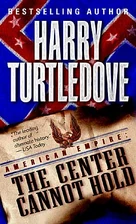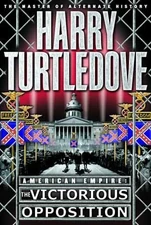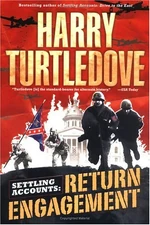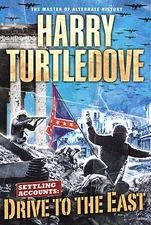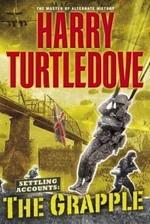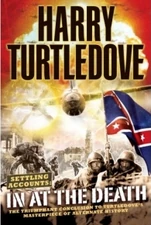The United States General Staff was a large body of officers within the United States Army who were charged with centralized planning and had supervision over all the field armies. The United States adopted the General Staff model when the United States and Germany entered into an alliance in the last decades of the 19th Century. Therefore, the US version had many similarities with the German one.
Following General-in-Chief William Rosecrans' disastrous experience of command during the Second Mexican War, German military attaché Alfred Schlieffen convinced the US Army that it would do better to adopt the centralized General Staff system. This was one of a number of innovations which Germany shared with the US in the effort to make the US a fit military ally within the Central Powers alliance system. In response, the USA's enemy, the Confederate States also adopted the General Staff system some time before the Great War, but theirs was not as comprehensive.
Under Chief of Staff General Leonard Wood, the General Staff coordinated the US Army more effectively during the Great War than the General-in-Chief had during earlier wars. However, the General Staff was not without its own flaws. Field officers disdained the General Staff as staff officers as stodgy, effete bureaucrats who were out of touch with the rigors of the front. Some, like George Armstrong Custer and Daniel MacArthur, even deliberately concealed activities which the Staff otherwise would have countermanded.
One famous shortcoming of the Staff was its insistence during the Great War that barrels be spread across the line and not concentrated at certain points during attack. Custer's disobedience of this doctrine allowed him to plan the successful Barrel Roll Offensive, the offensive which allowed the US to win a major war for the first time in a lifetime. Nonetheless, the relationship between Custer and the General Staff worsened.
MacArthur, on the other hand, used his subversion of the Staff's orders during the Second Great War to plan a landing on the Peninsula and a move against Richmond aping George McClellan's halfhearted advance during the War of Secession. Though MacArthur would surely have pressed the attack much harder than McClellan, the operation would most likely have been disastrous. Fortunately, it was betrayed to the Staff by Abner Dowling, who had once risked his career to conceal Barrel Roll plans from the same Staff.
With the budget cuts to which the military was subjected during the interwar years by the Socialist Party, the General Staff had to make difficult budgetary decisions. It cut a number of innovative but unproven technological development programs, putting the US at a disadvantage early in the Second Great War.
John Abell was a career General Staff officer. Irving Morrell briefly served two stints on the Staff. The first came during the Great War, where he planned operations in Utah, until a disastrous offensive insured his transfer back into the field. The second came immediately after the Great War, but his ongoing critiques of the Upton Sinclair administration again saw him exiled. On both occasions, Morrell was exiled to Canada. Both times, Morrell left Philadelphia with a lower opinion of the General Staff than he'd had when he arrived.
Known Chiefs of the General Staff[]
 Leonard Wood (1913-1921)
Leonard Wood (1913-1921)
 Hunter Liggett (1921-1933[?])
Hunter Liggett (1921-1933[?])
 Samuel D. Sturgis (1933-1937[?])
Samuel D. Sturgis (1933-1937[?])
